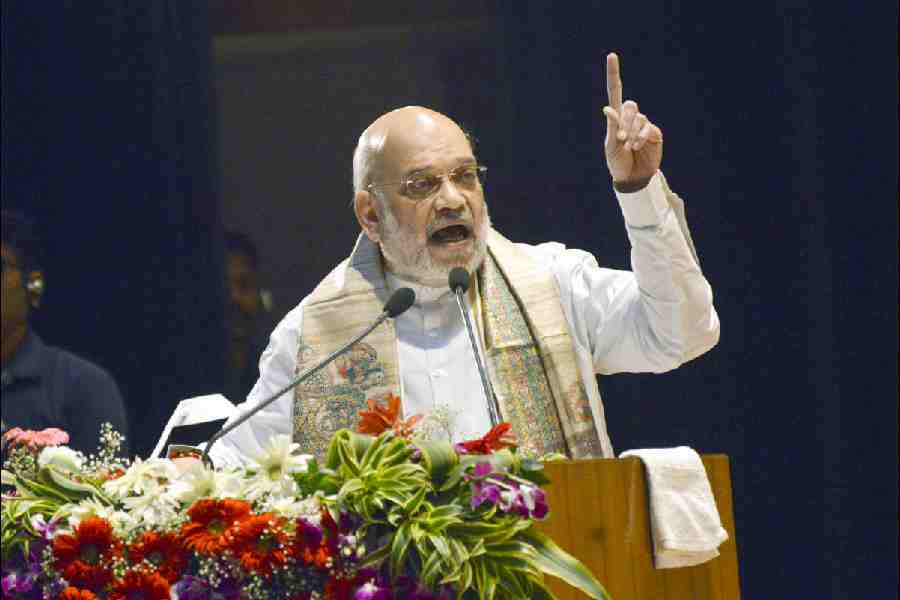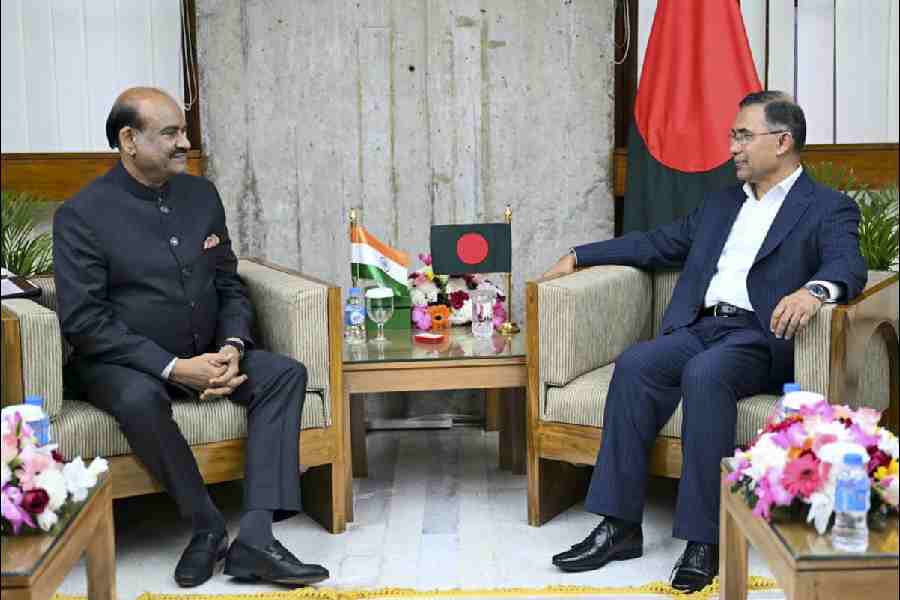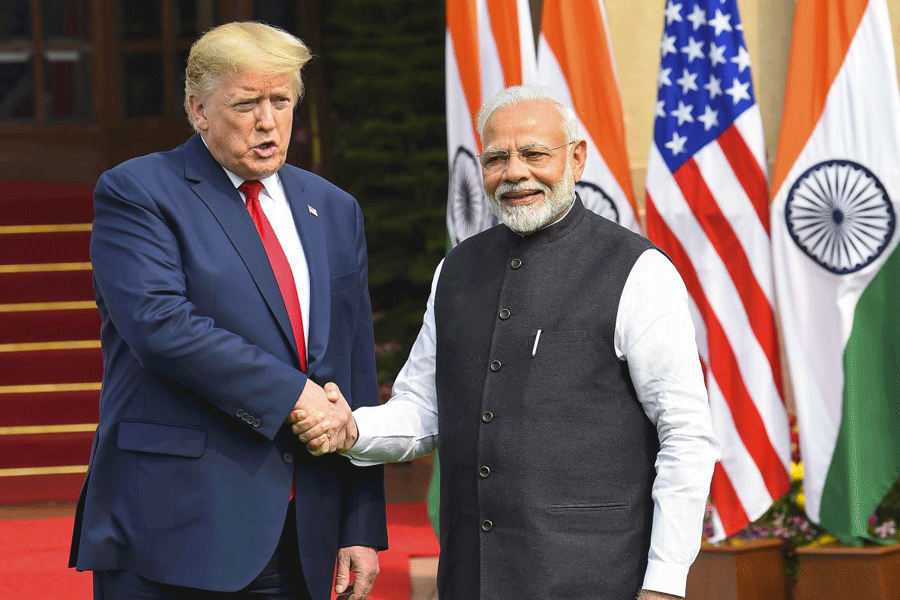 |
| A still from the documentary Ruptured Spring. Telegraph picture |
Imphal, Aug. 19: A history of strife and a high incidence of HIV/AIDS have stunted many children’s lives in Manipur.
The plight of these victims of conflict and state apathy has been depicted in the documentary, Ruptured Spring.
The 17-minute film is directed by internationally acclaimed filmmaker Haobam Paban Kumar and produced by Wide Angle, an Imphal-based NGO working for women and child rights with the support of the European Union.
Many children in Manipur have been either orphaned or are living with a single parent after having lost them to violence or to HIV/AIDS.
The film highlights the lives of the children, who get very little assistance from government-sponsored orphanages.
The findings of a survey by the NGO culminated in the documentary, which seeks to draw attention of the NGOs, government authorities and National Commission for Child Rights to the condition of the children in the state.
“The film has been made to create awareness on the problem of child rights in Manipur. We hope the film will make the authorities sit up and start thinking on the issue,” Paban Kumar said.
Paban Kumar’s documentary AFSPA 1958 won the prestigious international critics award, the FIPRESCI Prize, at the 9th Mumbai International Film Festival, 2006.
This film also won the jury award at the 10th Ismailia International Film Festival, Egypt, 2006.
Montu Ahanthem, the secretary of Wide Angle, said children were being recruited by militants and trafficked, on the pretext of giving them a good education.
The film opens with a scene on the killing of pregnant Th. Rabina Devi of Imphal West in a controversial shootout in the heart of Imphal city in broad daylight and her minor son, Russel, looking at his mother.
It portrays the condition of children in orphanages, government schools, as child soldiers, manual labourers at stone quarries and at automobile workshops.
The film reveals that Manipur has the highest number of school dropouts in the country and that 65 per cent and 12 primary government schools have only one teacher.
There are no toilets and drinking water facilities at many of the government schools. Conversion of government schools into security barracks and massive deployment of both state and central forces in the state also form the subject of the documentary.











